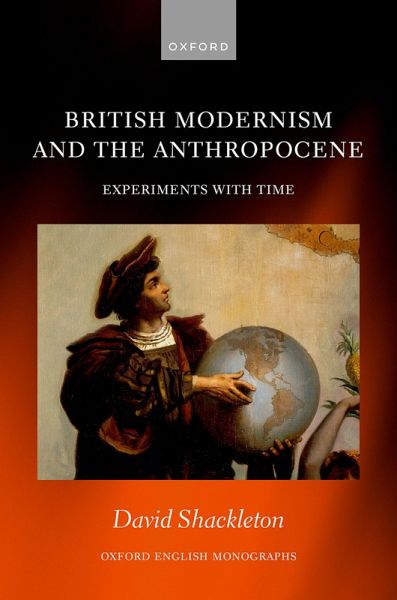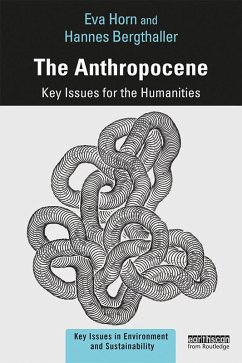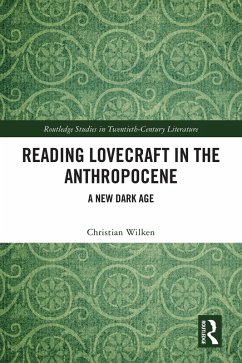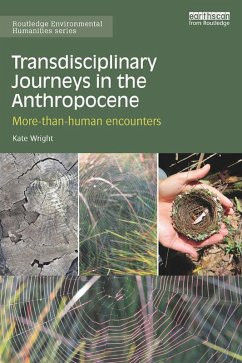
British Modernism and the Anthropocene (eBook, ePUB)
Experiments with Time
Versandkostenfrei!
Sofort per Download lieferbar
45,95 €
inkl. MwSt.
Weitere Ausgaben:

PAYBACK Punkte
23 °P sammeln!
British Modernism and the Anthropocene: Experiments with Time assesses the environmental politics of modernism in relation to the idea of the Anthropocene-a proposed geological epoch in which humans have fundamentally changed the Earth System. The early twentieth century was marked by environmental transformations that were so complex and happened on such great scales that they defied representation. Modernist novelists responded with a range of innovative narrative forms that started to make environmental crisis on a planetary scale visible. Paradoxically, however, it is their failures to rep...
British Modernism and the Anthropocene: Experiments with Time assesses the environmental politics of modernism in relation to the idea of the Anthropocene-a proposed geological epoch in which humans have fundamentally changed the Earth System. The early twentieth century was marked by environmental transformations that were so complex and happened on such great scales that they defied representation. Modernist novelists responded with a range of innovative narrative forms that started to make environmental crisis on a planetary scale visible. Paradoxically, however, it is their failures to represent such a crisis that achieve the greatest success. David Shackleton explores how British modernists employed types of narrative breakdown-including fragmentation and faltering passages devoid of events-to expose the limitations of human schemes of meaning, negotiate the relationship between different scales and types of time, produce knowledge of ecological risk, and register various forms of non-human agency. Situating modernism in the context of fossil fuel energy systems, plantation monocultures, climate change, and species extinctions, Shackleton traces how H.G. Wells, D.H. Lawrence, Olive Moore, Virginia Woolf, and Jean Rhys undertook experiments with time in their novels that refigure history and the historical situations into which they were thrown. Ultimately, British Modernism and the Anthropocene shows how modernist novels provide rich resources for rethinking the current environmental crisis, and cultivating new structures of environmental care and concern.
Dieser Download kann aus rechtlichen Gründen nur mit Rechnungsadresse in A, B, BG, CY, CZ, D, DK, EW, E, FIN, F, GR, HR, H, IRL, I, LT, L, LR, M, NL, PL, P, R, S, SLO, SK ausgeliefert werden.













